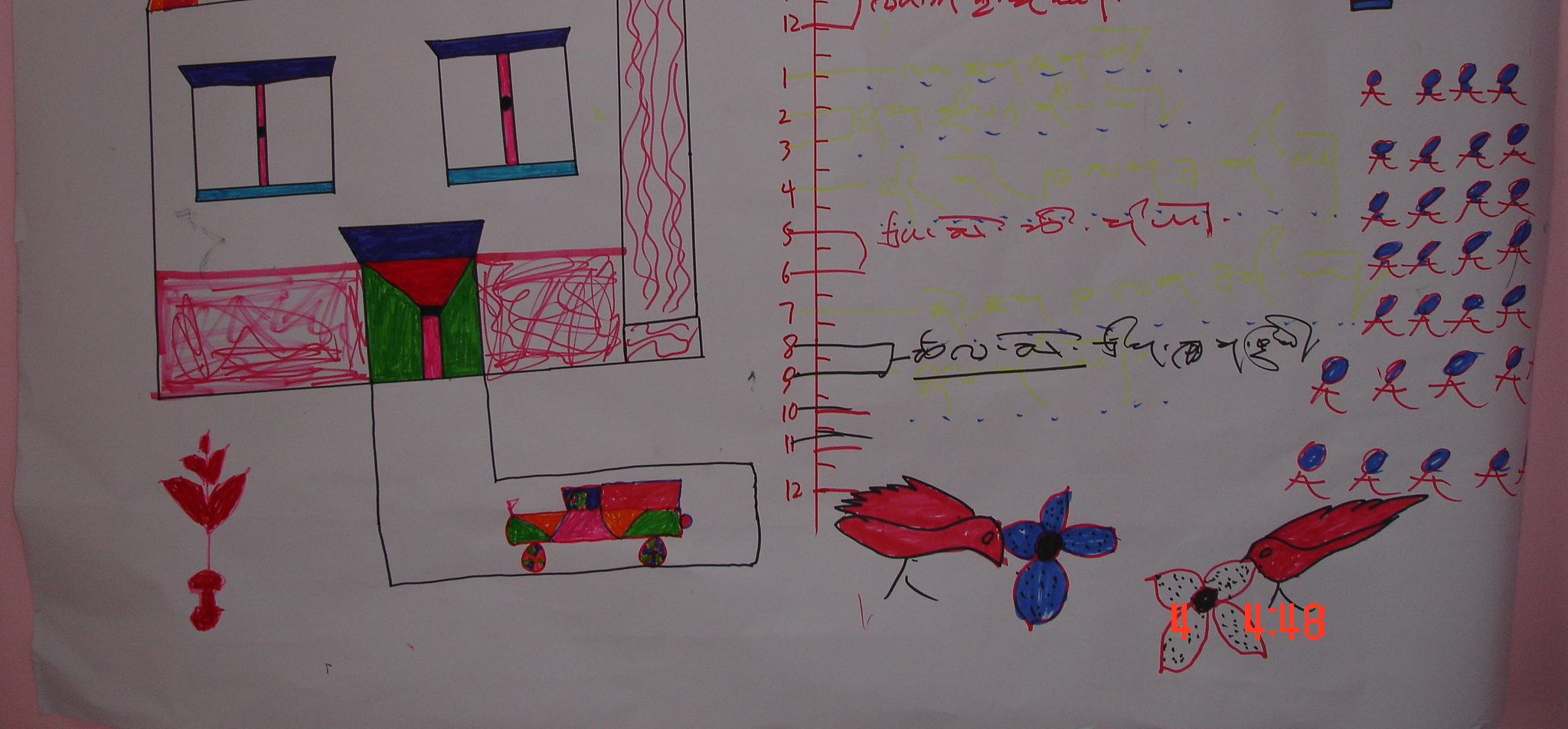Tag results for "Climate change"
post
Radical school spaces for climate action
Climate youth protests have highlighted the radical space of the streets. As many students cannot participate in such action, we ask what a radical space of schooling might look like […]
Learn Moreproject
Resilient Youth in Stressed Environments (RYSE)
Resilient Youth in Stressed Environments (RYSE) is a 5-year multinational research project that explores patterns of resilience among young people in changing environments. Research sites include communities involved in oil […]
Learn Morepost
Speaking youth to power at COP26
November 5th was Youth Day at COP26, happening in Glasgow, UK. Early last week, the conference officially started with country delegations, businesses, civil society and young people converging at what […]
Learn Morepost
Disrupting adultism in the climate change conversation
This blog draws on ideas from the Rejuvenate Working Paper (Johnson et al.) This week’s news and social media feeds are filled with images of world leaders and protesters attending […]
Learn Moreorganisation
Fridays for Future
FRIDAYS FOR FUTURE or FFF, is a global climate strike movement that started in August 2018, when 15-year-old Greta Thunberg began a school strike for climate. On the 8th of […]
Learn Moreproject
(Re)Connect the Nexus (RCTN)
Recent research about the food-water-energy nexus has tended to focus on flows (e.g. between producers and consumers) and ways of governing the nexus. However, there is a real need to […]
Learn Moreproject
CEMADEN Education Project
The Cemaden Education project– created in 2014 at the National Center for Monitoring and Early Warning of Natural Disasters – CEMADEN, which is connected to the Ministry of Science, Technology, […]
Learn Moreproject
Critically Analysing Risk Communication Pathways: Lessons from Youth-Centred Disaster Risk Reduction Approaches in El Salvador and the Philippines
Children and young people are commonly treated in the climate change and disasters literature as victims of natural events requiring protection by adults. This project critiques that narrative, drawing on […]
Learn Moreresource
You Defend What You Feel: ‘Presencing’ Nature as ‘Experiential Knowing’
This article reflects on a youth-led action research process on climate change adaptation carried out in Cuba between 2013 and 2015. The research explored the question: ‘How are Cuban youth […]
Learn Moreresource
Shifting the Narrative: Child‐led Responses to Climate Change and Disasters in El Salvador and the Philippines
Children and young people are commonly treated in the climate change and disasters literature as victims of natural events requiring protection by adults. This article critiques that narrative, drawing on […]
Learn Moreresource
Research With, By, For and About Children: Lessons from Disaster Contexts
There is a need for critically informed studies that include children’s perspectives on the role of children in disaster contexts, given the increased incidence of disasters resulting from the global […]
Learn Moreresource
Promoting Climate Change Transformation with Young People in Brazil: Participatory Action Research Through a Looping Approach
Amid research into the mounting social and environmental threats presented by climate change, young people’s everyday experiences and knowledges are often overlooked, despite being the generation that will be most […]
Learn Moreresource
Empowering Young People and Strengthening Resilience: Youth-centred Participatory Video as a Tool for Climate Change Adaptation and Disaster Risk Reduction
Dialogue and knowledge sharing are often constrained between those who face risks and those who control policy. Young people, who are frequently the most marginalised group, face significant hurdles to […]
Learn Moreresource
Amplifying Children’s Voices on Climate Change: The Role of Participatory Video
Climate change is one of the most pressing issues of our time with the greatest impacts being felt by poor and marginalised people living in developing countries, and particularly children. […]
Learn More





